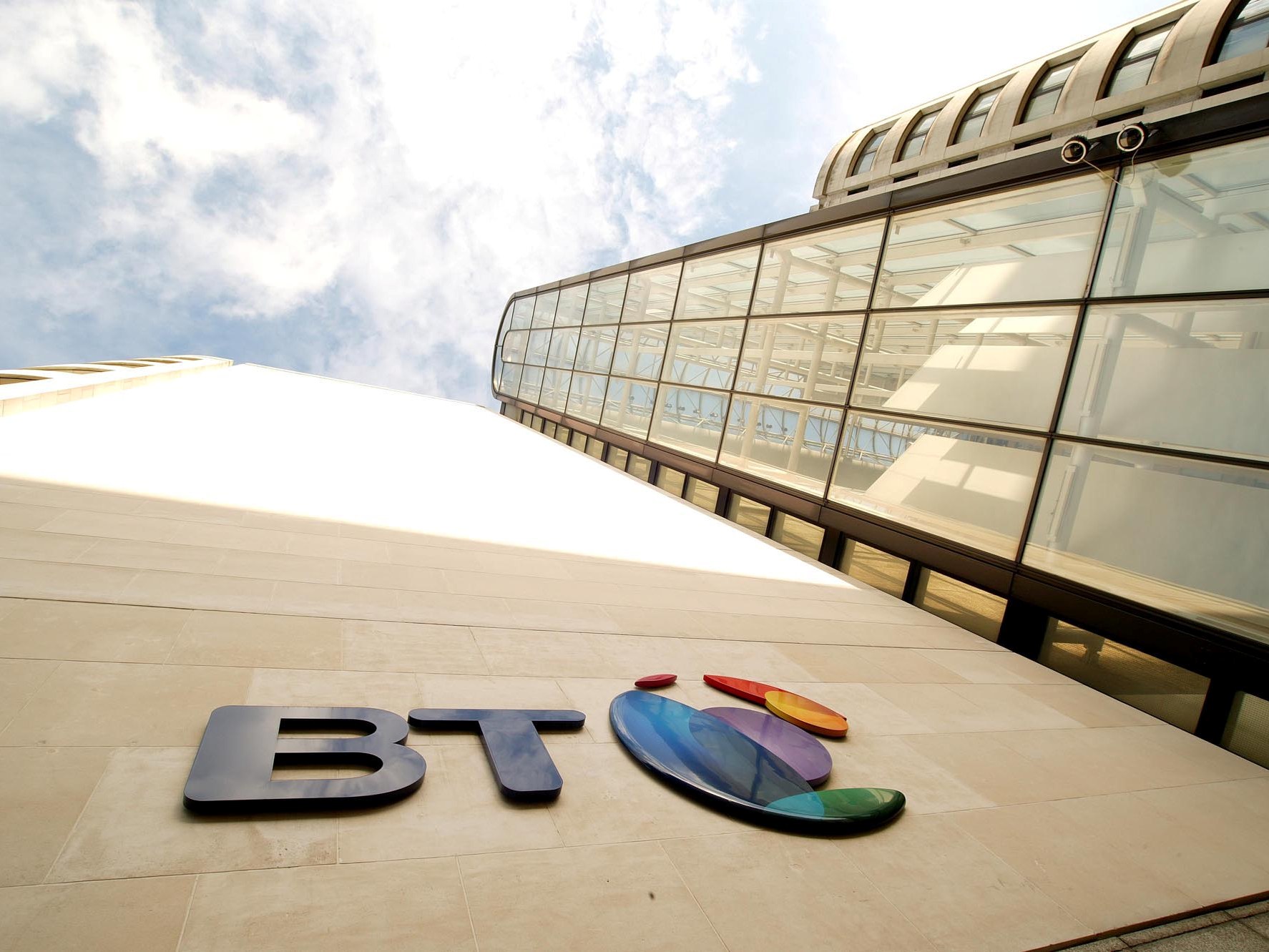Home ISDN falls on its sword
Consumer services to stop, says BT

BT says it is to stop supplying ISDN lines to consumers later on this year. The move is, inevitably, in response to the huge growth of broadband. ISDN, which stands for Integrated Digital Services Network, won fans back in the dial-up days for its dedicated 64Kbit/s or 128Kbit/s upload and download speed.
During the late 1990s the only other 'high' bandwidth option was an expensive leased line. ISDN's main boon is that the connection drops and reconnects almost instantaneously and, like a phone line, you pay only for the time it's being used.
ISDN's data rate may now look paltry, but the service will be missed by many - notably those in the broadcasting industry who use the technology to broadcast radio shows. In his later years, for example, John Peel broadcast his Radio 1 show from his home in Suffolk over ISDN.
The technology is ideal for broadcasting because it isn't influenced by external factors as BBC Radio has discovered.
"ISDN is extremely useful to us because, unlike IP, it doesn't use contention - the bit rate on the tin is the bit rate you get," Rupert Brun, head of technology at BBC Radio told BBC News . "Compare this with IP where the connection gets slower as the network gets busier," he said.
Broadcasting organisations are working on developing IP-based equipment with built-in protection against network issues. This will become less problematic if broadband speeds continue to increase.
Back in 1994, during the early days of ISDN technology, electronic group Future Sound of London released an album called ISDN. It was made after a series of live broadcasts to radio station over ISDN lines, including one gig on Radio 1.
Sign up for breaking news, reviews, opinion, top tech deals, and more.
Dan (Twitter, Google+) is TechRadar's Former Deputy Editor and is now in charge at our sister site T3.com. Covering all things computing, internet and mobile he's a seasoned regular at major tech shows such as CES, IFA and Mobile World Congress. Dan has also been a tech expert for many outlets including BBC Radio 4, 5Live and the World Service, The Sun and ITV News.